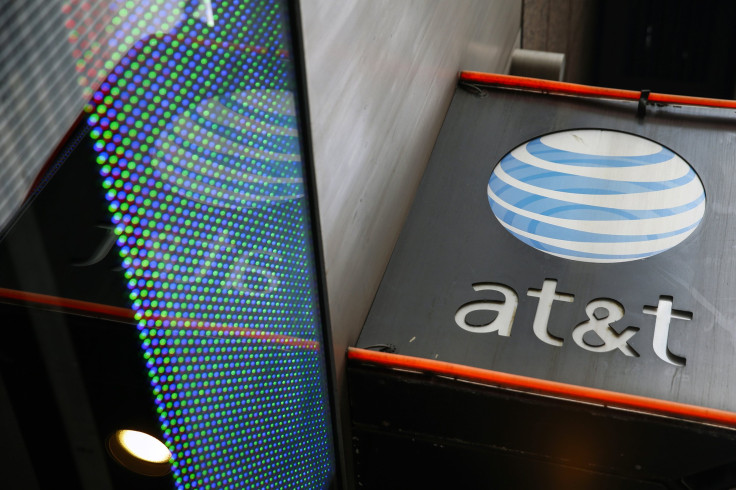AT&T Offers Internet Users Privacy For $29 More As Gigabit Speeds Rollout

There’s a price to pay to keep your privacy. And for some AT&T broadband customers, that’s literally the case. In Kansas City, Missouri, AT&T has rolled out its U-Verse “Gigapower” service, which brings Gigabit speeds to customers for prices matching Google Fiber’s offerings -- but only if you let AT&T track your browsing habits.
To get AT&T’s Gigapower service for $70 a month, customers have to agree to participate in a program called “AT&T Internet Preferences,” which tracks Web browsing information and search terms to serve ads and other offers. Customers who want to keep their privacy will be charged an additional $29 a month. And even then it doesn’t fully prevent AT&T from collecting user data for other purposes, according to the company's privacy policy:
“If you chose not to participate in the AT&T Internet Preferences program, your Internet traffic is not routed to the Internet Preferences analytics platform. AT&T may collect and use web browsing information for other purposes, as described in our Privacy Policy, even if you do not participate in the Internet Preferences program.”
It's concerning to some experts who see the move as one meant to discourage customers from opting out. The monthly charge, “seems like a huge penalty intended to normalize the practice [of tracking]” Jonathan Mayer, a Stanford University computer scientist, told the Wall Street Journal.
In comparison, Google Fiber doesn’t track user browsing data or offer different prices for more privacy, according to Ars Technica. The company still tracks users in other ways, primarily through its search engine, ad services and extensive portfolio of Web properties.
Still, it’s not common for paid services to tack on an extra charge for customers looking to preserve their privacy. With Twitter and Facebook, their online services are available for free in exchange for user data. But unlike AT&T’s program, these tracking features can' be opted out of.
It’s not the first time AT&T has sought to gather more information about its paying customers. Last year, the company halted the practice of using “super cookies,” hidden and undeletable tracking numbers to mobile customer activity, following a slew of criticisms of the program. Verizon came under the same scrutiny for using super cookies and still uses them to track customers. But earlier this month, the company said it's taking steps to allow its subscribers to opt out of the program, according to the New York Times.
Driving this push for the collection of users' browsing habits is AT&T and Verizon’s efforts to bolster their respective ad and marketing networks and services. AT&T’s AdWorks arm often uses such data to help advertisers buy targeted TV ads. Verizon’s Precision Market Insights uses the data to help advertisers launch similar campaigns for mobile users.
As consumers increasingly shift their media consumption habits online, advertisers have increasingly looked to the Web to target relevant ads to them. Out of the $180 billion spent last year on advertising in the U.S., $50.7 billion was spent on digital ads, according to eMarketer. And that’s expected to grow to $83 billion by 2018.
© Copyright IBTimes 2024. All rights reserved.






















